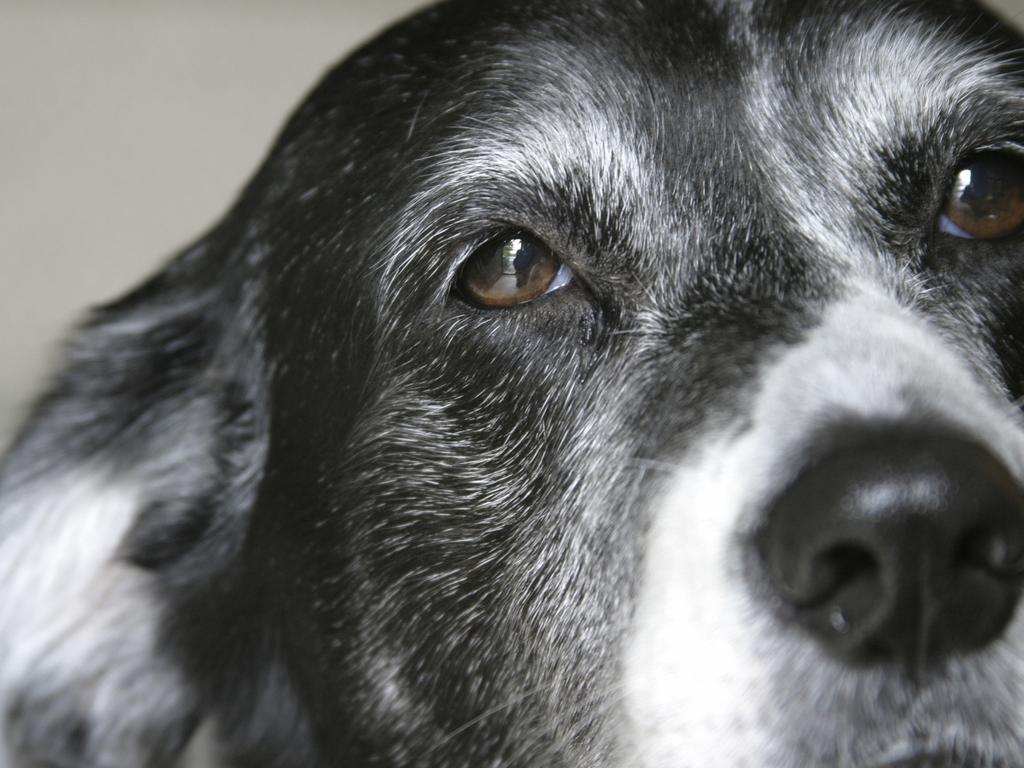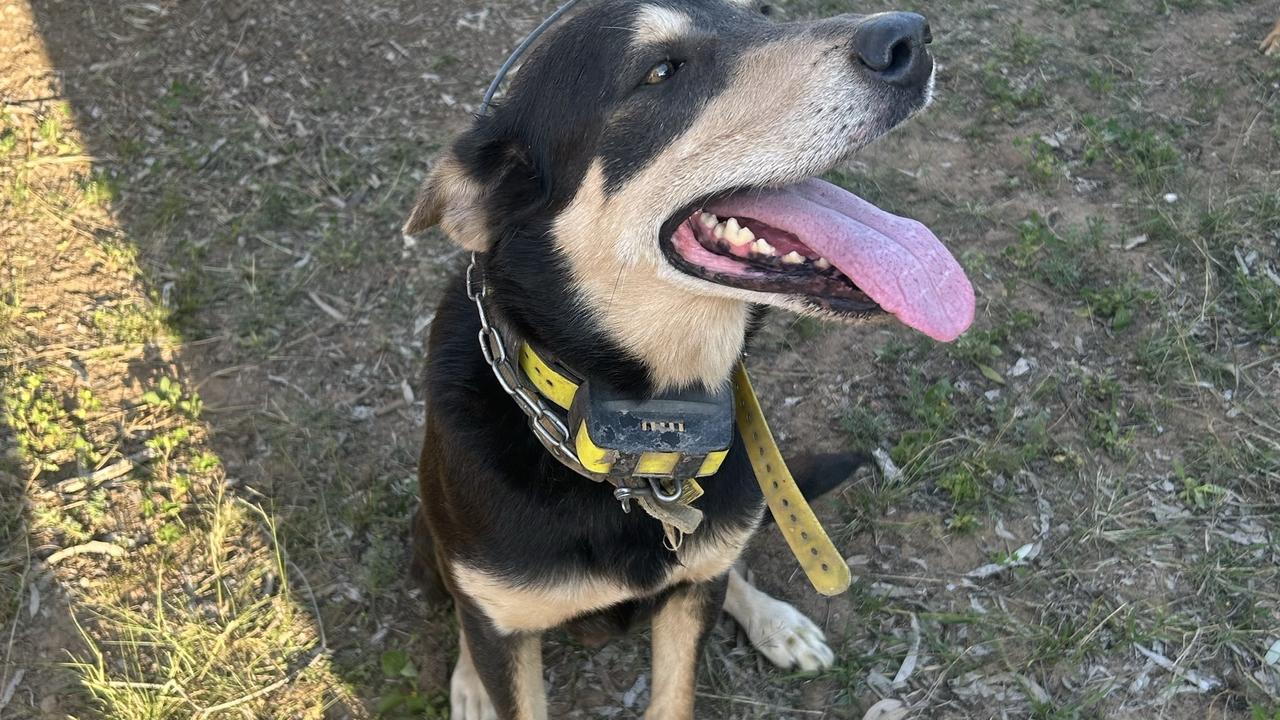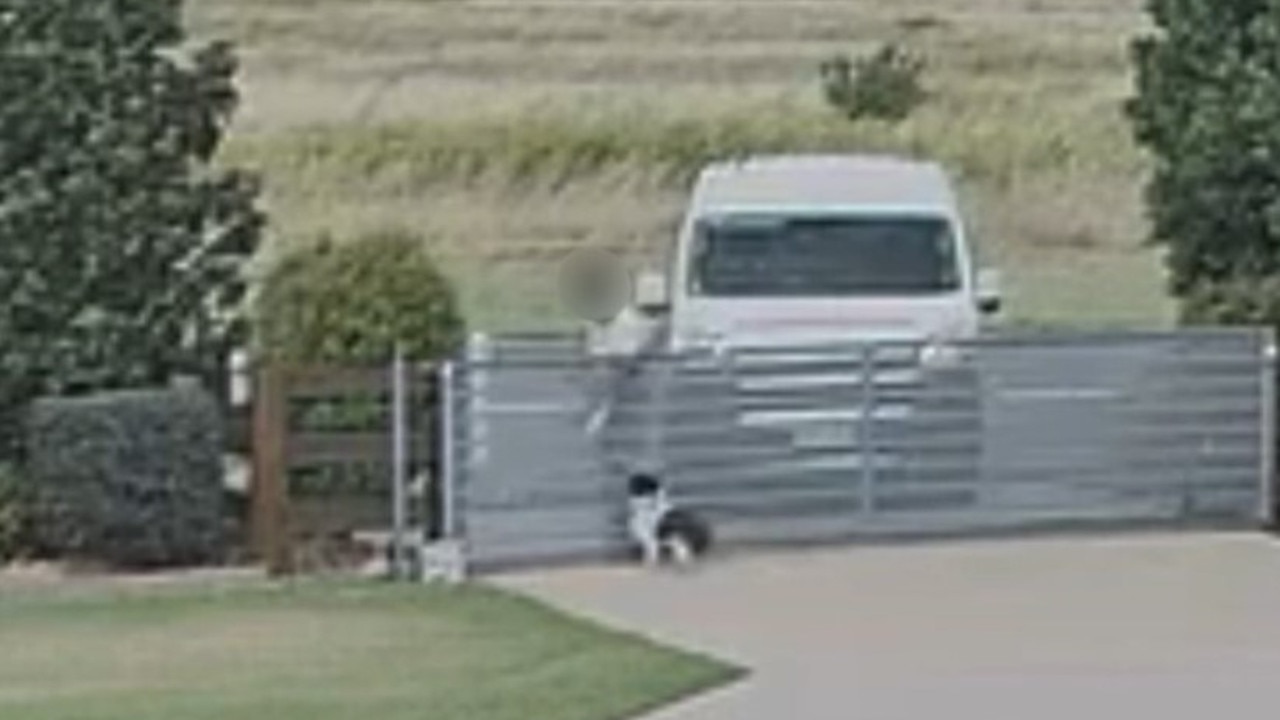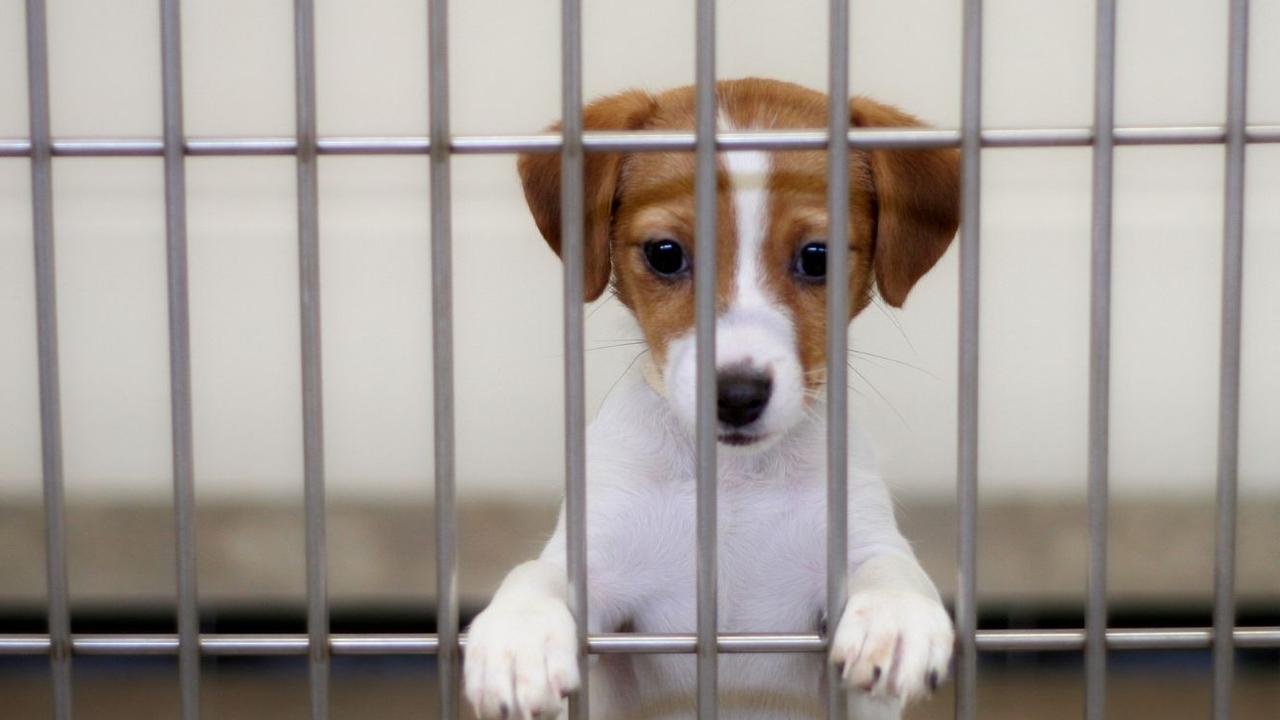Dr Magdoline Awad: What it means when your elderly dog is drinking excessively
As our pets age, they can start presenting with some worrying signs or symptoms. Here’s what to watch out for.
Pets and Wildlife
Don't miss out on the headlines from Pets and Wildlife. Followed categories will be added to My News.
One of the saddest aspects pet ownership is knowing their average lifespan is only around 12 years of age for dogs and 14 years for cats.
And while this time with our furry best friends is relatively short, they sure know how to fill it with love and joy.
So when we notice our loyal buddies start to slow down — dogs and cats are considered “geriatric” from the age of seven to eight years — it is important to check for signs of ageing and make adjustments to keep them comfortable.
While extra love and attention is warranted for senior pets, some common problems such as loss of eyesight and hearing, cancers and arthritis can signal the need for a visit to your vet.
Senior pets also require a different approach to vaccinations, nutrition, exercise and dental, so spending time on these aspects can help them greatly.

Dr Magdoline Awad, chief veterinarian officer at Greencross The Pet Company, answers the following question from one of our readers who is concerned about their elderly dog’s excessive drinking.
VERY THIRSTY ELDERLY LABRADOR
My 10-year-old black labrador, Phoebe, has become quite lethargic of late and is drinking a lot more water than usual. She hasn’t lost any weight and is still eating, her coat is still shiny. I’m wondering if this could be diabetes as she’s a bit older. Should I catch a wee sample and take to a vet?
It is not uncommon for older pets to become lethargic and have changes in their drinking habits at this age. However, this is not normal.
Our elderly pets can be affected by a number of health conditions, and lethargy and drinking more are certainly signs of a few of them.

While diabetes is possible, other conditions such as liver and kidney disease among others need to be considered. It is seldom possible to distinguish these from home.
Your local vet will perform a comprehensive physical examination and will highly recommend taking some blood and urine for testing.
These are quick and easy procedures to perform and can provide reasons for the signs described with Phoebe. Some of the conditions mentioned above may require more investigation, a diet change, even specific medications or a combination of all three.
Early diagnosis is important so that a treatment plan is promptly commenced. Please make an appointment with your vet as soon as you can.
GOT A PET QUERY?
Email smartdaily@news.com.au
Originally published as Dr Magdoline Awad: What it means when your elderly dog is drinking excessively







